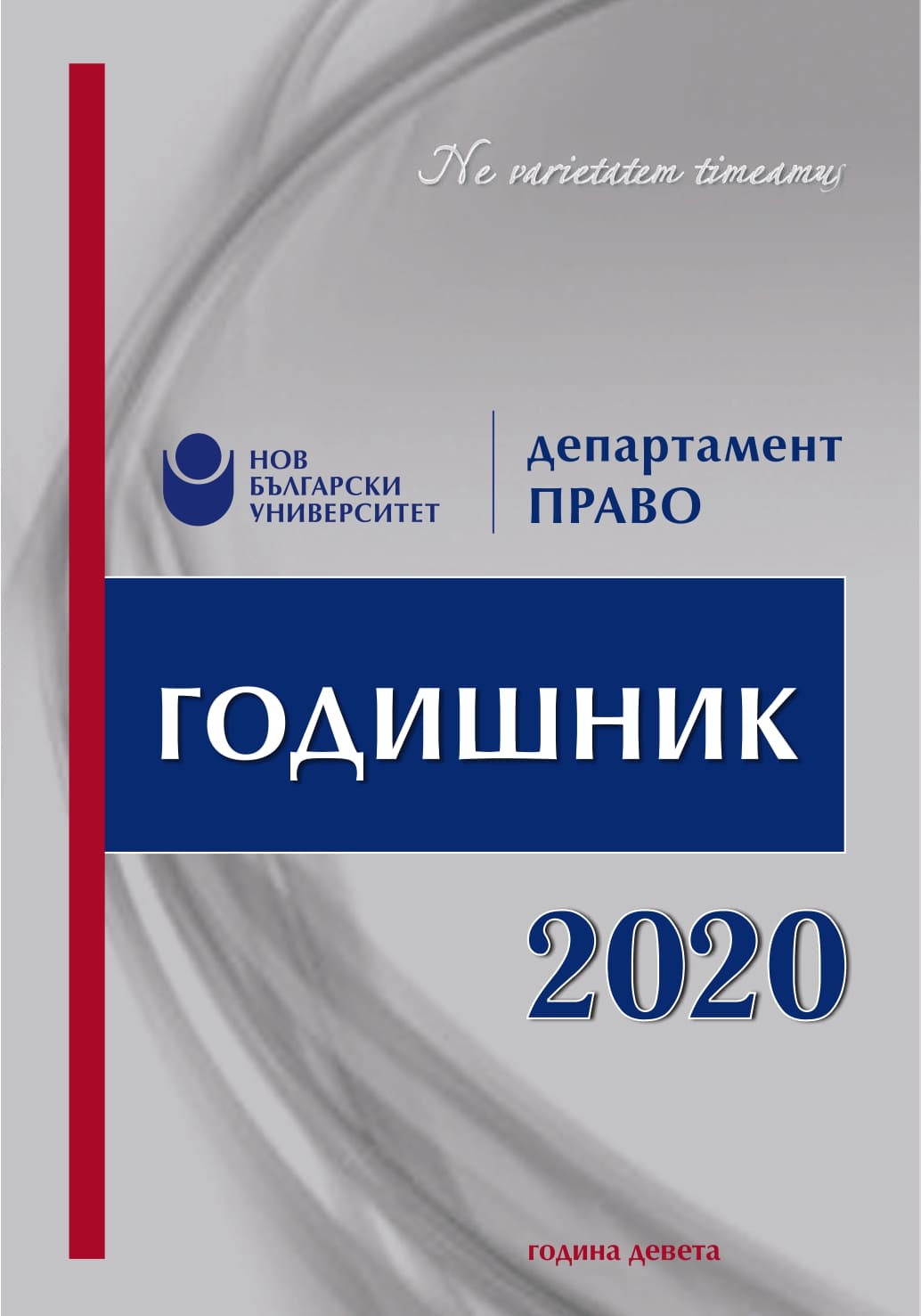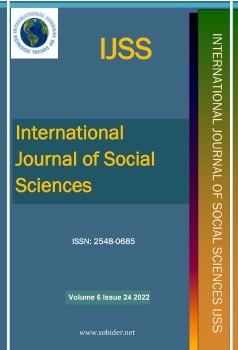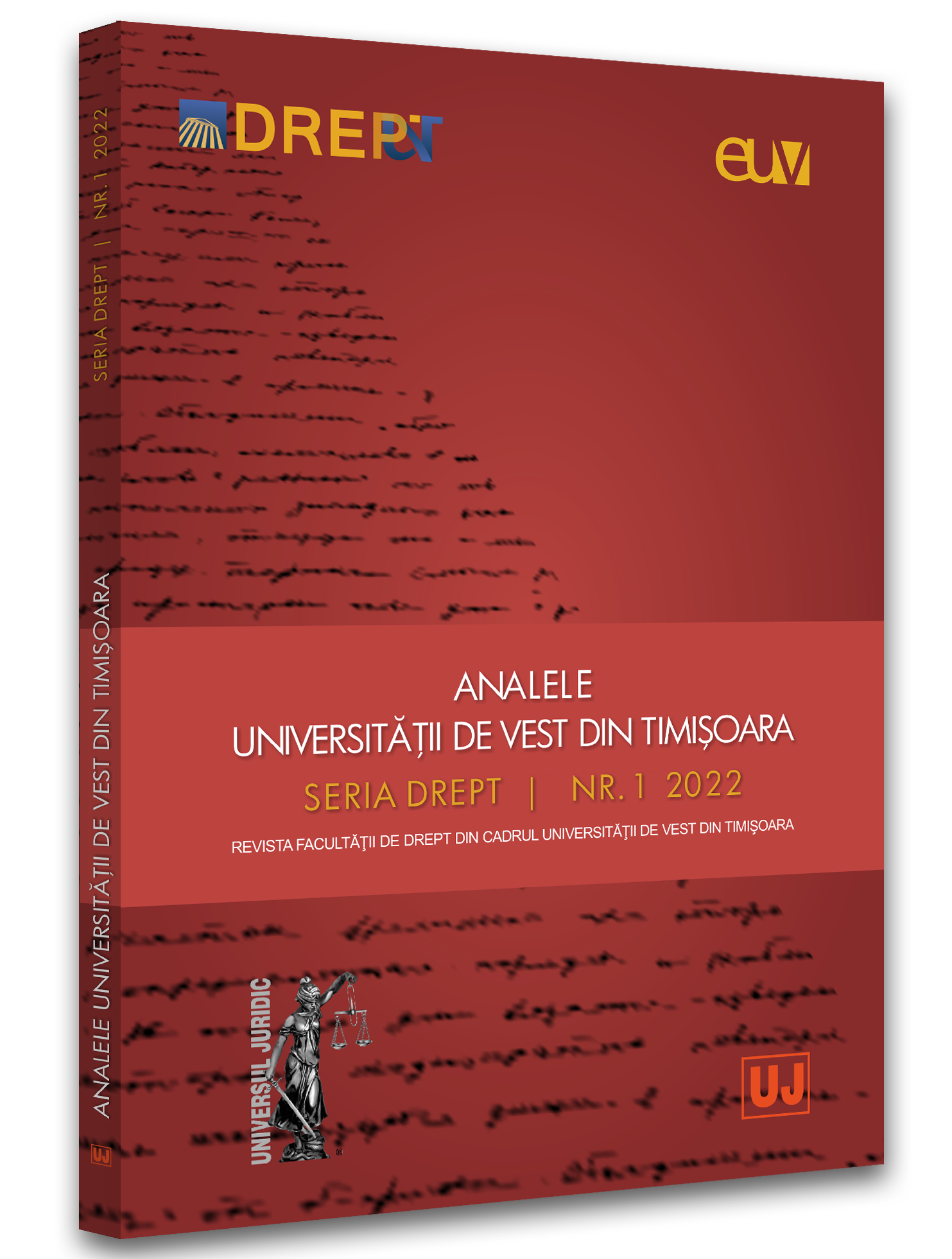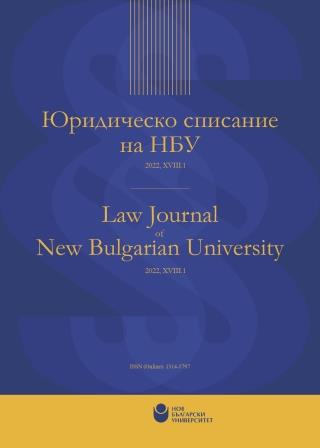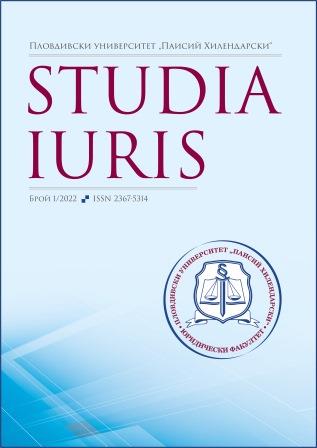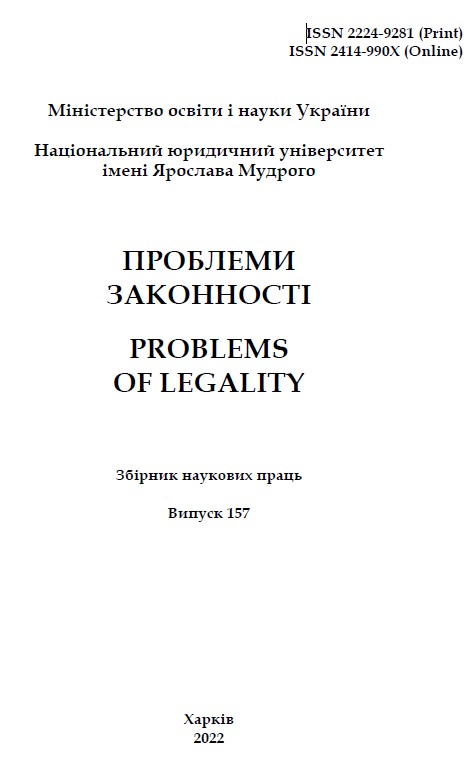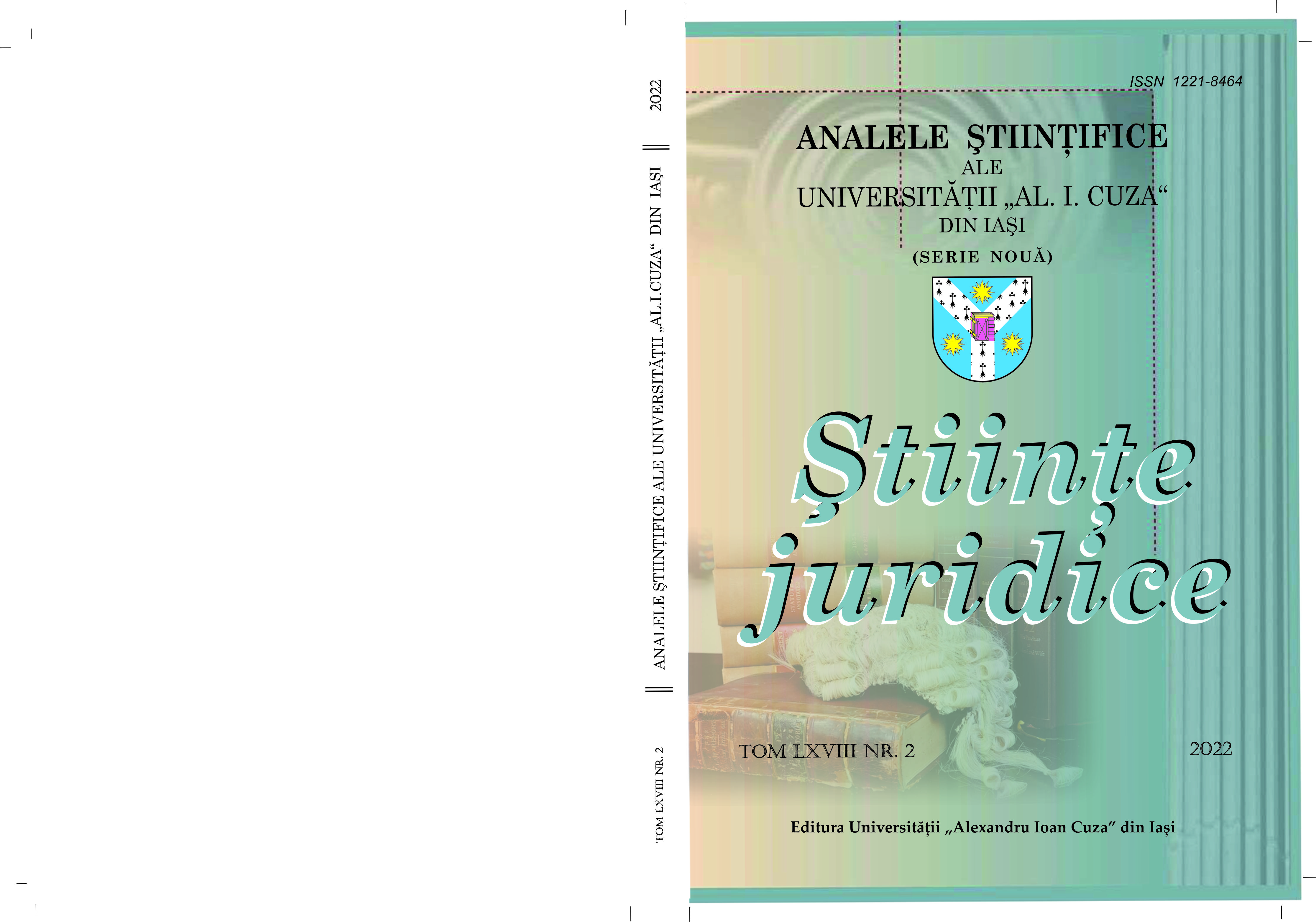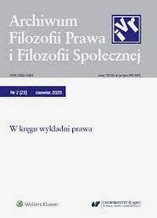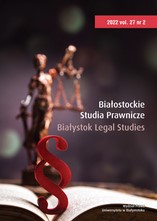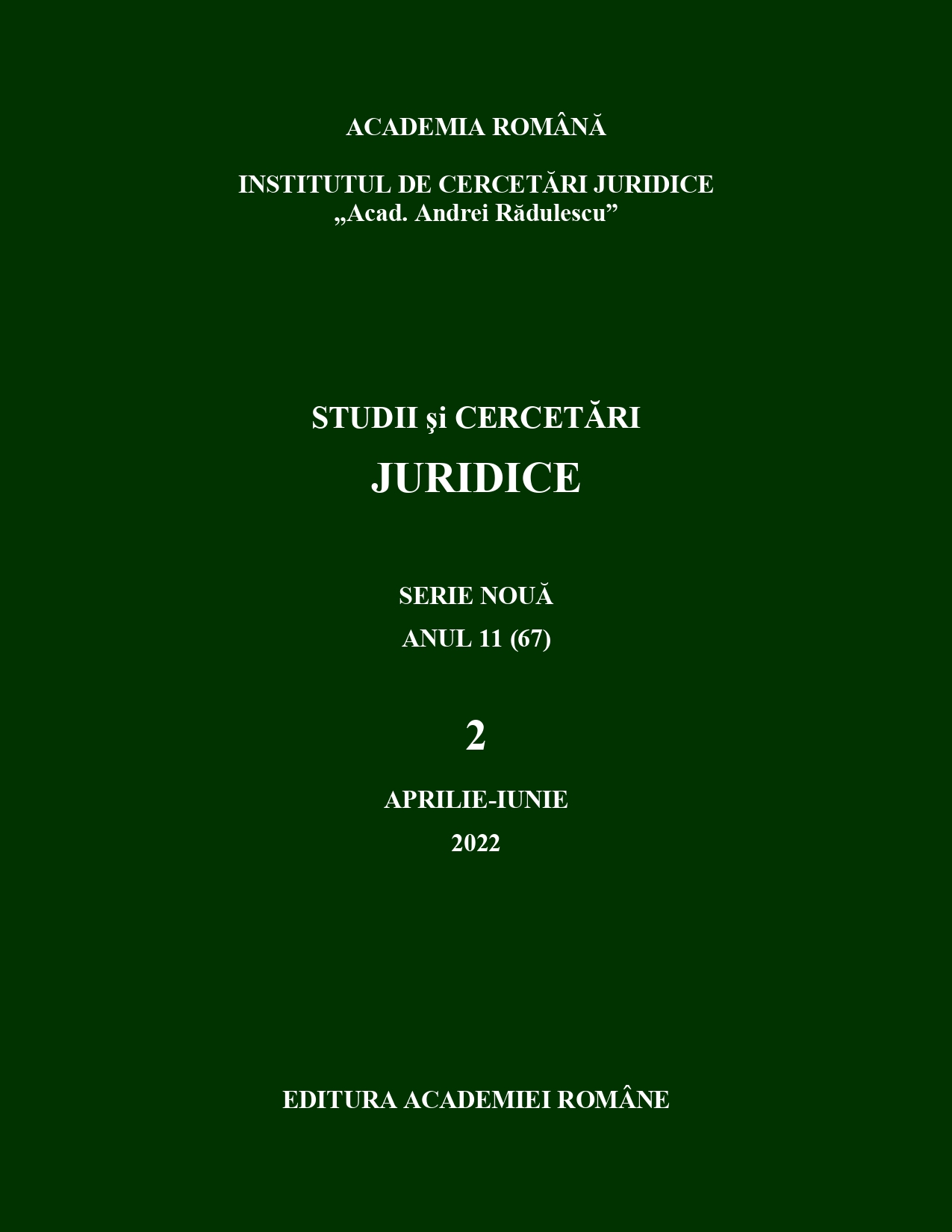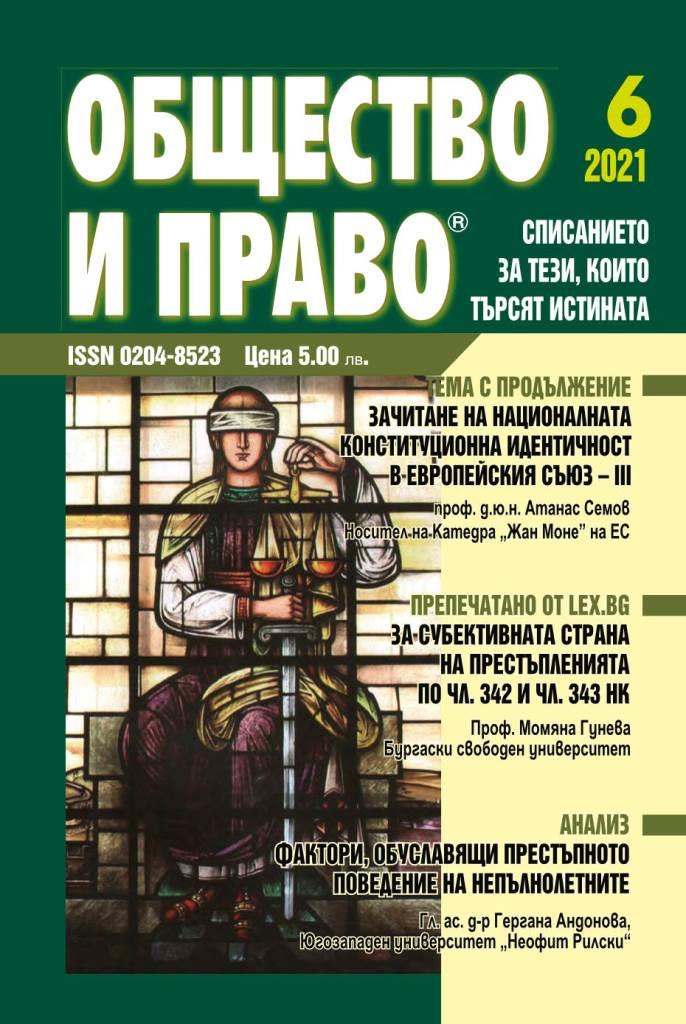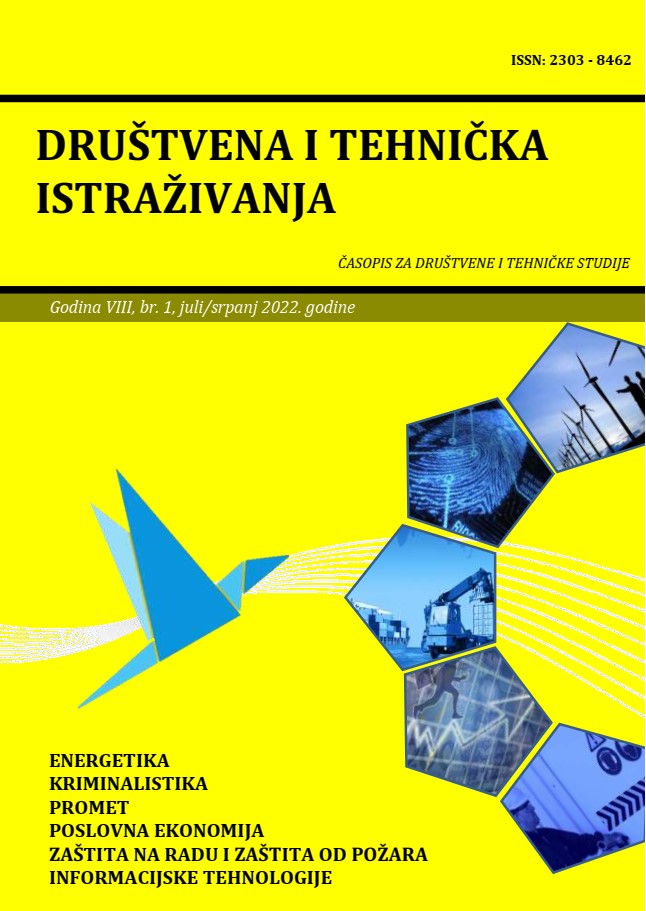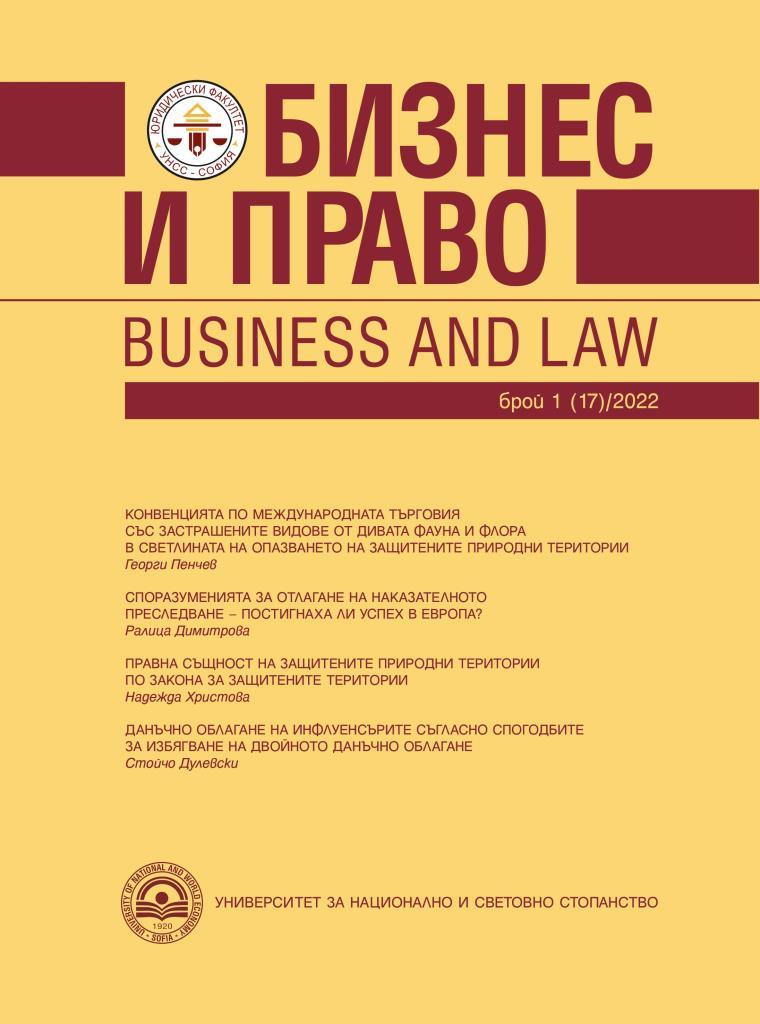Author(s): Fuad Purišević,Senad Hasanspahić / Language(s): Bosnian
Issue: 1/2022
The meaning and significance of the administrative procedure consists in the adoption of proper and legal administrative acts. Therefore, specific administrative matters are resolved in a proper and lawful manner only with the lawful and proper treatment of the competent authorities in resolving administrative matters, and only with proper and adequate regulation of administrative proceedings. This means that activities in administrative proceedings must be performed equally in equal situations when resolving administrative matters in administrative proceedings, and when adopting administrative acts according to the uniform rules of administrative procedural law. Only such a solution of administrative matters is a guarantee for the realization and functioning of the rule of law, which in fact represents the most important social interest. In this way, conditions were created so that the administration does not implement the personal will, but the will of the representative bodies, and not in the way it wants, but in the way prescribed by the norms of administrative procedural law. In general, administrative procedural law is a set of legal rules that determine the manner of action, that is, the processing of administrative matters by authorized bodies, organizations and communities. In this way, material and formal legality in resolving administrative matters is ensured, and they are the subject of administrative proceedings.The administrative procedure enables proper application of material regulations, for which the proper conduct of the administrative procedure is a precondition. This procedure actually leads to material truth, but not to the detriment of the protection of the rights and legal interests of the parties and other participants in the procedure. The rules of general administrative procedure are binding in resolving administrative matters within the competence of administrative bodies and other public authorities and legal entities with public authority. These are procedural rules that are almost equally applicable in all administrative areas, ie they are general rules for resolving specific administrative matters. Exceptionally, some administrative matters or certain procedural issues, due to their specifics, are resolved according to different or special rules of administrative procedures (special administrative procedures).
More...


